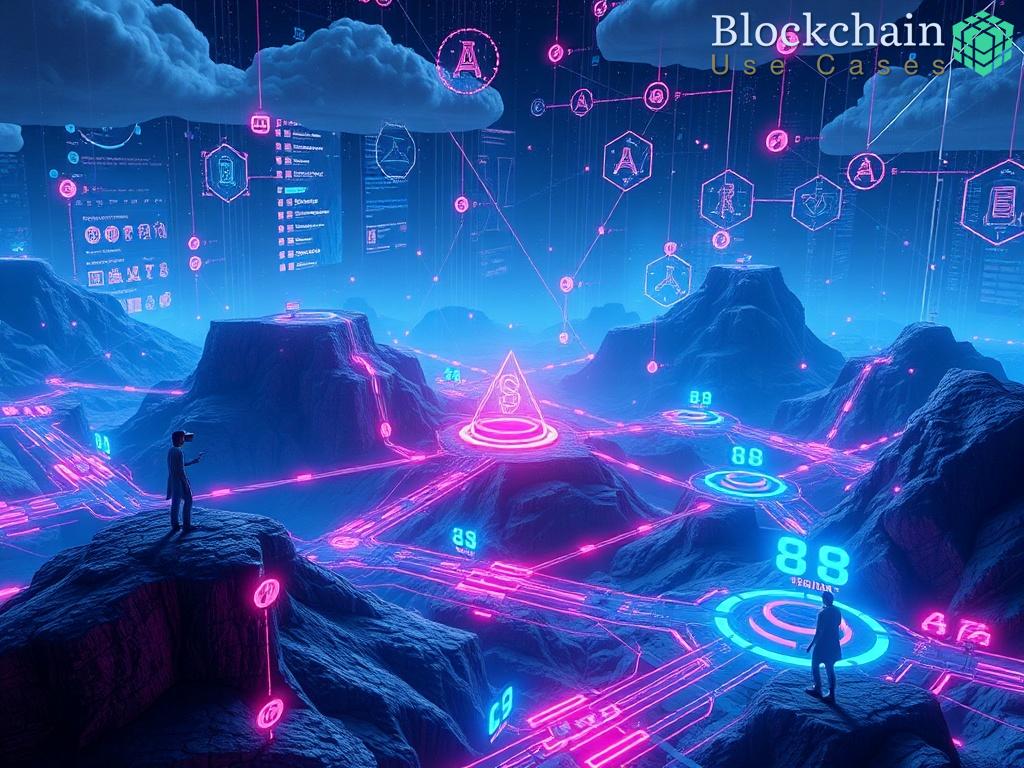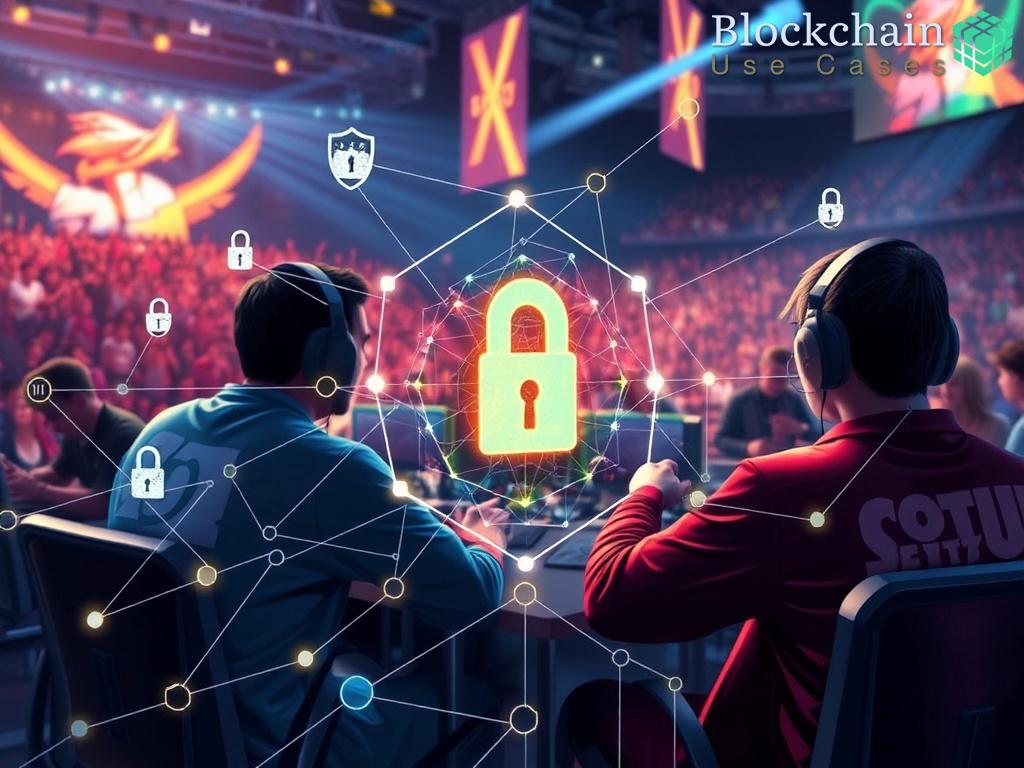The concept of tokenization has reached new heights in the realm of virtual real estate, particularly within metaverse environments. As digital landscapes continue to evolve, the ability to convert physical ownership rights into digital tokens offers unprecedented opportunities for investment and ownership. This innovative approach not only democratizes access to real estate but also enhances liquidity and transparency in transactions.
Understanding Tokenization in the Metaverse

Tokenization refers to the process of converting rights to an asset into a digital token on a blockchain. In the context of virtual real estate, this means that virtual properties can be bought, sold, and traded just like physical real estate. Each token represents a share of ownership or a stake in a digital asset, allowing for fractional ownership and making it accessible to a wider audience.
Advantages of Tokenizing Virtual Real Estate

The tokenization of virtual real estate comes with a myriad of benefits that appeal to both investors and developers alike. Below is a concise overview of the key advantages:
- Fractional Ownership: Individuals can invest in high-value virtual properties without needing to buy the entire asset.
- Increased Liquidity: Tokens can be traded on various platforms, providing easier exit strategies for investors.
- Global Reach: The blockchain provides a borderless marketplace, allowing investors from anywhere in the world to participate.
- Transparency and Security: Blockchain technology ensures that all transactions are secure and easily traceable.
- Reduced Costs: Traditional real estate transactions often come with high fees; tokenization can significantly lower these costs.
The Future: Challenges and Opportunities
While the potential for tokenizing virtual real estate is promising, several challenges need to be addressed. Regulatory hurdles, market volatility, and the need for technological infrastructure must be considered. However, as the metaverse continues to gain traction and more users engage with virtual environments, the demand for tokenized real estate is likely to expand. Investors and developers who adapt to this changing landscape will find themselves at the forefront of a new digital frontier.


















